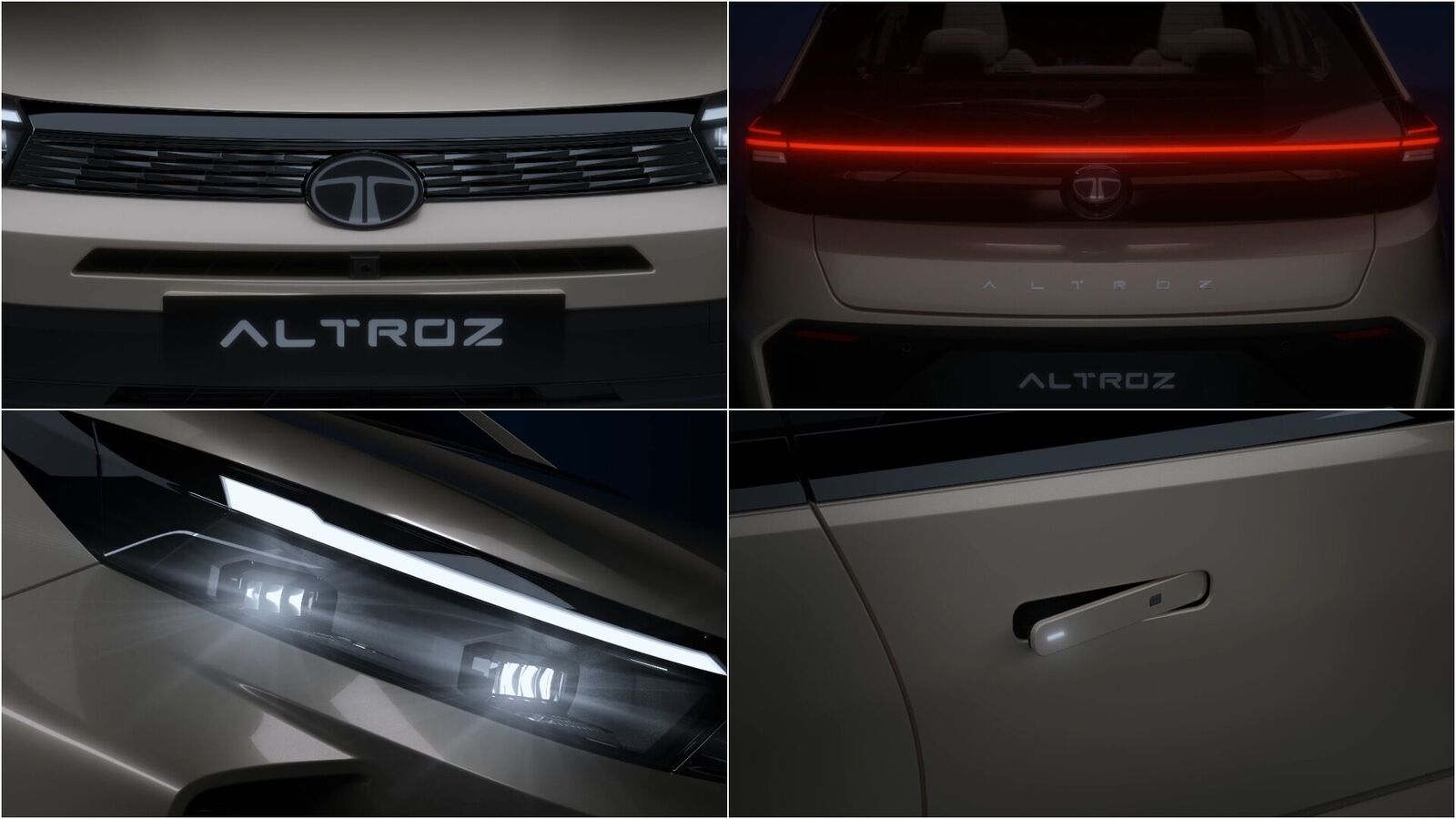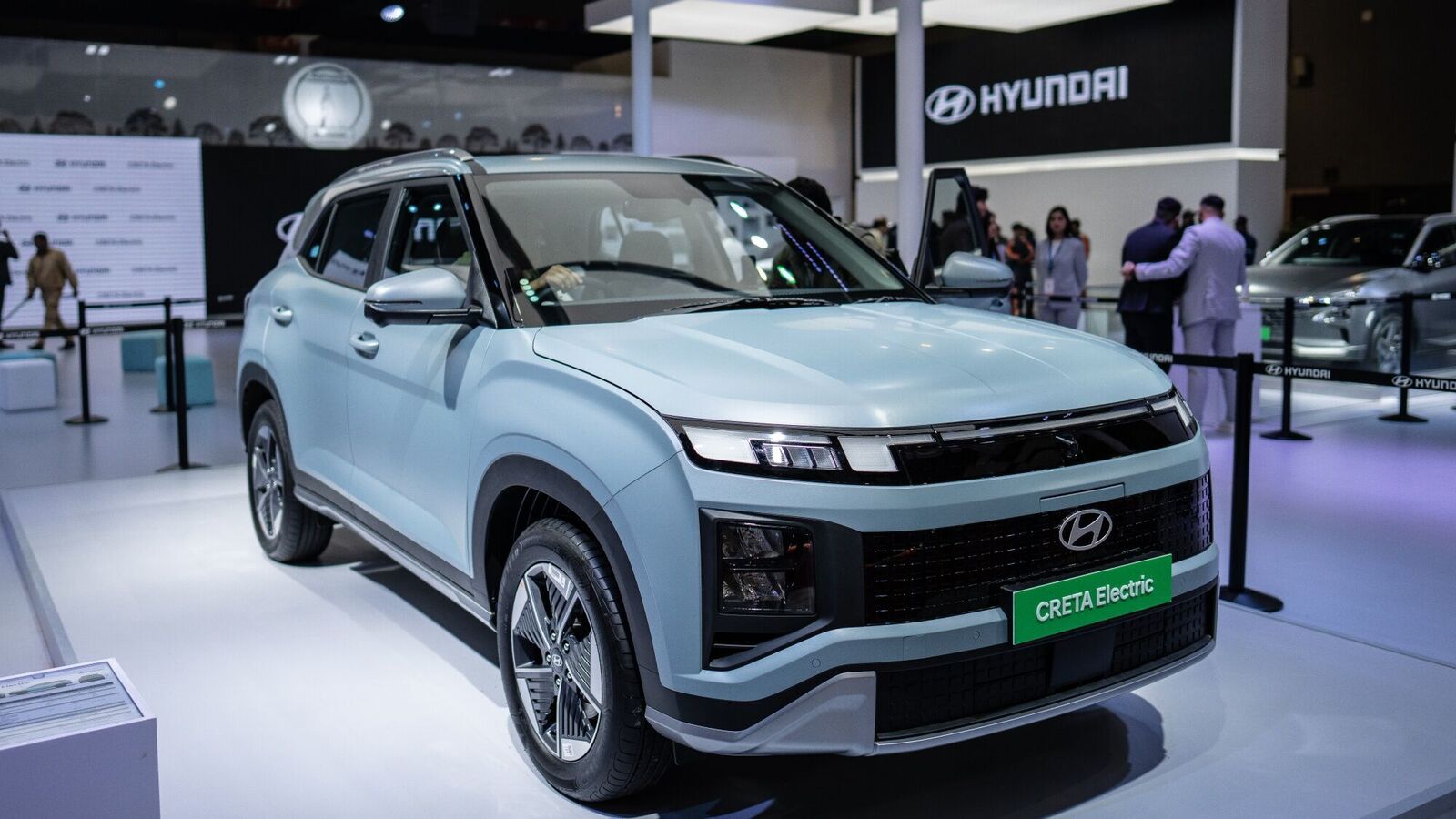02 May 2025

Breaking down the impact of tariffs on global light-vehicle forecasts. Unpacking used-car value trends in Europe, and watching Volkswagen Financial Services (VWFS) bring down the curtain on Heycar. Autovista24 editor Tom Geggus explores the week’s news in The Automotive Update podcast.
This week’s episode dives into how tariffs on automotive imports into the US have shaken the industry. Also, Autovista24 journalist Tom Hooker outlines key trends from April’s European used-car market. Lastly, find out about VWFS’s Heycar decision.
Subscribe to the Autovista24 podcast and listen to previous episodes on Spotify, Apple and Amazon Music.
Tariffs breed global uncertainty
The global automotive industry faces a turbulent 2025, driven by shifting tariffs and economic uncertainty. A 25% US tariff on imported vehicles and parts introduced in March, sparked industry concern. However, President Donald Trump’s executive orders have since eased the impact. Carmakers will now be able to offset some costs and avoid layered duties.
Major manufacturers welcomed the president’s move. The American Automotive Policy Council, representing Ford, GM, and Stellantis, welcome the news. Still, global forecasts have dimmed. EV Volumes cut its 2025 light-vehicle sales growth projection to 1.2%, down from 1.9% in March.
Northern America’s outlook dropped to 17.67 million units, amid fears of reduced EV incentives. Rising vehicle prices, which are expected to climb 5% this year in the US, may further weaken demand. Europe is expected to see growth of just 0.15%, while China’s volumes are forecast to rise by 2.7%.
European used car values continue to fall
Used-car residual values (RVs) continued to decline across Europe in April. Three-year-old vehicles at 60,000km held on to a smaller percentage of their list price compared with March. This trend was recorded in Austria, France, Germany, Italy, Spain, Switzerland, and the UK.
Values also dropped year-on-year, with Italy seeing the steepest fall, down 4.6 percentage points (pp) compared to April 2024.
Plug-in hybrids in particular struggled across Europe. However, the UK remained relatively stable, with RVs falling only 1pp. Battery-electric vehicles and full hybrids even posted modest gains of 1.3pp and 0.7pp respectively.
End of the road for Heycar?
VWFS is winding down its Heycar marketplace division, as reported by Fleet Europe. As its majority shareholder, VWFS will absorb the platform’s technology and expertise into a newly formed subsidiary.
Heycar was launched in 2017, with backing from VWFS, Daimler Mobility, and Volkswagen (VW). The latter is believed to have invested around €300 million in the division since its launch. The platform entered the UK in 2019, positioning itself as a competitor to established players. In 2023, Heycar underwent significant restructuring in the pursuit of profitability.
That same year, Daimler decided to sell its shares in the company. Initially launched as a classified marketplace, Heycar later introduced e-commerce options for customers. It sought to evolve within the automotive digital space before its closure.
VWFS has not yet specified the exact closure date. However, AM Online reported that Heycar’s operations will be wrapped up before the end of the summer.





